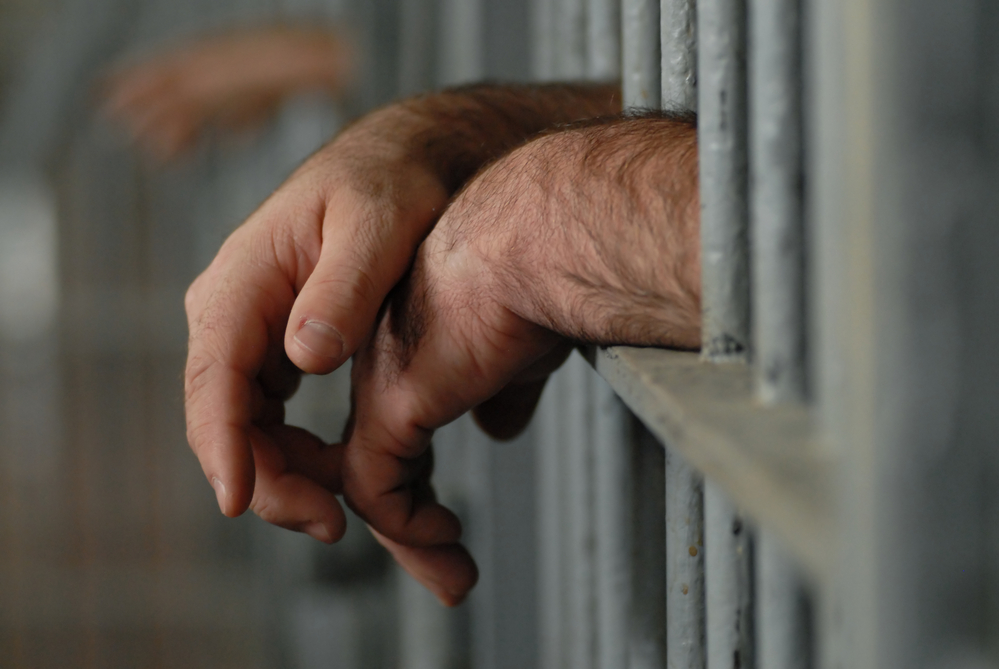The charges and penalties for crimes can vary widely in the State of Texas. They often depend on the type of crime being committed, whether the defendant has a criminal history, as well as any other circumstances of the case. Like many other states, Texas has adopted a system of “determinate sentencing.” This means that there are certain sentencing guidelines in Texas, which are standards that have been put in place so rational and consistent sentencing practices in a particular jurisdiction can be established. It also helps the courts to determine what type of punishment should be assigned for the crime.

Criminal sentencing in the State of Texas is based on the category or level the crime falls under, which include the following:
- Class C misdemeanor.
- Class B misdemeanor.
- Class A misdemeanor.
- State jail felony.
- Third-degree felony.
- Second-degree felony.
- First-degree felony.
- Capital felony.
Be sure to speak to a qualified attorney for more information.
Types of Misdemeanor Classes in Texas
Criminal offenses that are least severe are considered misdemeanors, which are sorted into different “classes” based on their severity. If you’re convicted of a misdemeanor offense in the State of Texas, you won’t lose any of your civil rights. Here is an explanation of the different misdemeanor classes in Texas:
- Class C Misdemeanors — These are the least serious criminal offenses in the State of Texas, which can include traffic violations as well as any type of petty theft of shoplifting offense. They can lead to a fine of no more than $500 with no jail time, but you still have the right to a trial (which can be held in a municipal court, traffic court, or any court through the Justice of the Peace).
- Class B Misdemeanors — These types of crimes can lead to 180 days in a county jail and fine of up to $2,000, as well as two to three years of community supervision (called “probation”). First-time offenders might be able to receive a “deferred adjudication,” which is a plea deal in which the defendant pleads “guilty” or “no contest.” After he or she has successfully completed a probation period, the case will be dismissed and will have no criminal conviction on his or her record.
- Class A Misdemeanors — These are the worst types of misdemeanor offenses in the State of Texas and can result in up to one year in a county jail and a fine of up to $4,000. You can also get up to two years of probation, which can be extended to three years. Like Class B misdemeanors, you can also receive a deferred adjudication for these crimes.
Be sure to speak to a qualified attorney for more information.
Types of Felony Crimes in Texas
Felonies are the most serious types of criminal offenses. And according to the sentencing guidelines in Texas, the punishments can range from 180 days in jail to life in prison, as well as a fine of up to $10,000 and community supervision. Felony crimes in Texas are broken down into various levels (called “degrees”) that are based on the severity of the offense and the type of punishment that’s considered appropriate.
Here is an explanation of each type of felony in the State of Texas:
- State Jail Felonies — These types of crimes don’t fall into the degree system associated with other types of felonies. The punishment for these crimes involve jail time of at least 180 days but no more than two years, as well as a fine that can’t exceed $2,000. It can also lead to community supervision. The principle of “time off for good behavior” doesn’t apply to state jail felonies, so your sentence must be completed in full (unlike doing time in a county jail or the Texas Department of Correction where inmates can get an early release). However, some state jail felonies can be reduced to misdemeanors, which can lead to no jail time.
- Third-Degree Felonies — These types of crimes are more serious than state jail felonies and misdemeanors. Punishments can involve prison time of 2-10 years and a fine of up to $10,000. However, community supervision may be involved. Some of the crimes that are considered third-degree felonies are intoxication assaults, stalking, and indecent exposure to a child.
- Second-Degree Felonies — These types of crimes are more serious than third-degree and state jail felonies. Punishments can involve 2-20 years in prison and a maximum fine of $10,000, but there’s a chance of getting community supervision. Some of these offenses can include human trafficking, indecent contact with a child, robbery, and manslaughter.
- First-Degree Felonies — These are the second most serious crimes in Texas. Punishments can involve 5-99 years or life in prison, as well as a fine of up to $10,000. But there is the possibility of community supervision. Some of these crimes can include the solicitation or attempt of capital murder, as well as aggravated robbery and kidnapping.
- Capital Felonies — These are the worst types of criminal offenses in the State of Texas. Getting convicted of a capital felony could lead to life in prison or even death. Some crimes considered to be capital offenses are premeditated murder, espionage, and treason.
If you have been charged with a crime in the State of Texas and are looking for a criminal defense lawyer in Corpus Christi to help you with your case, be sure to get in touch with Gale Law Group.
